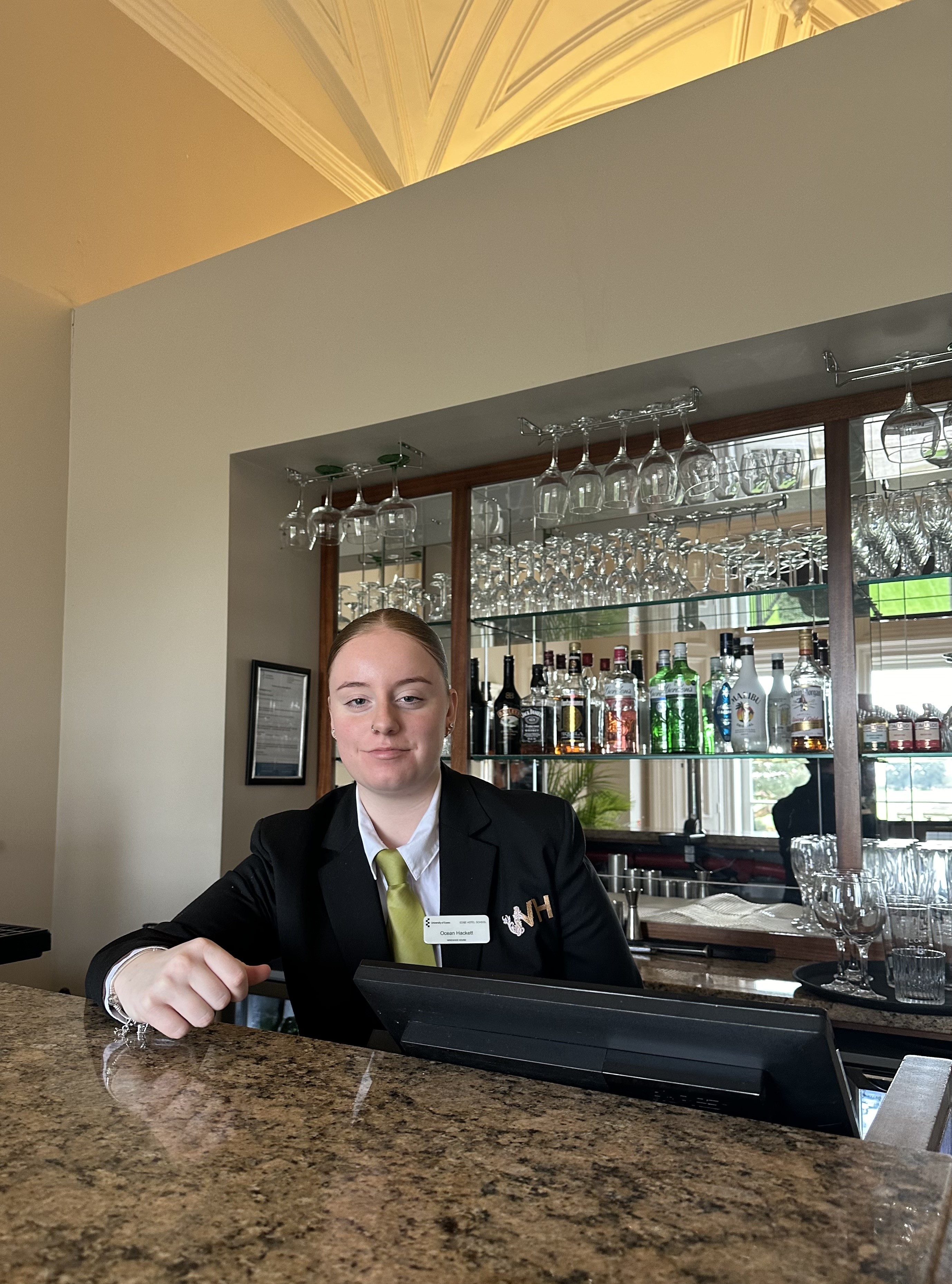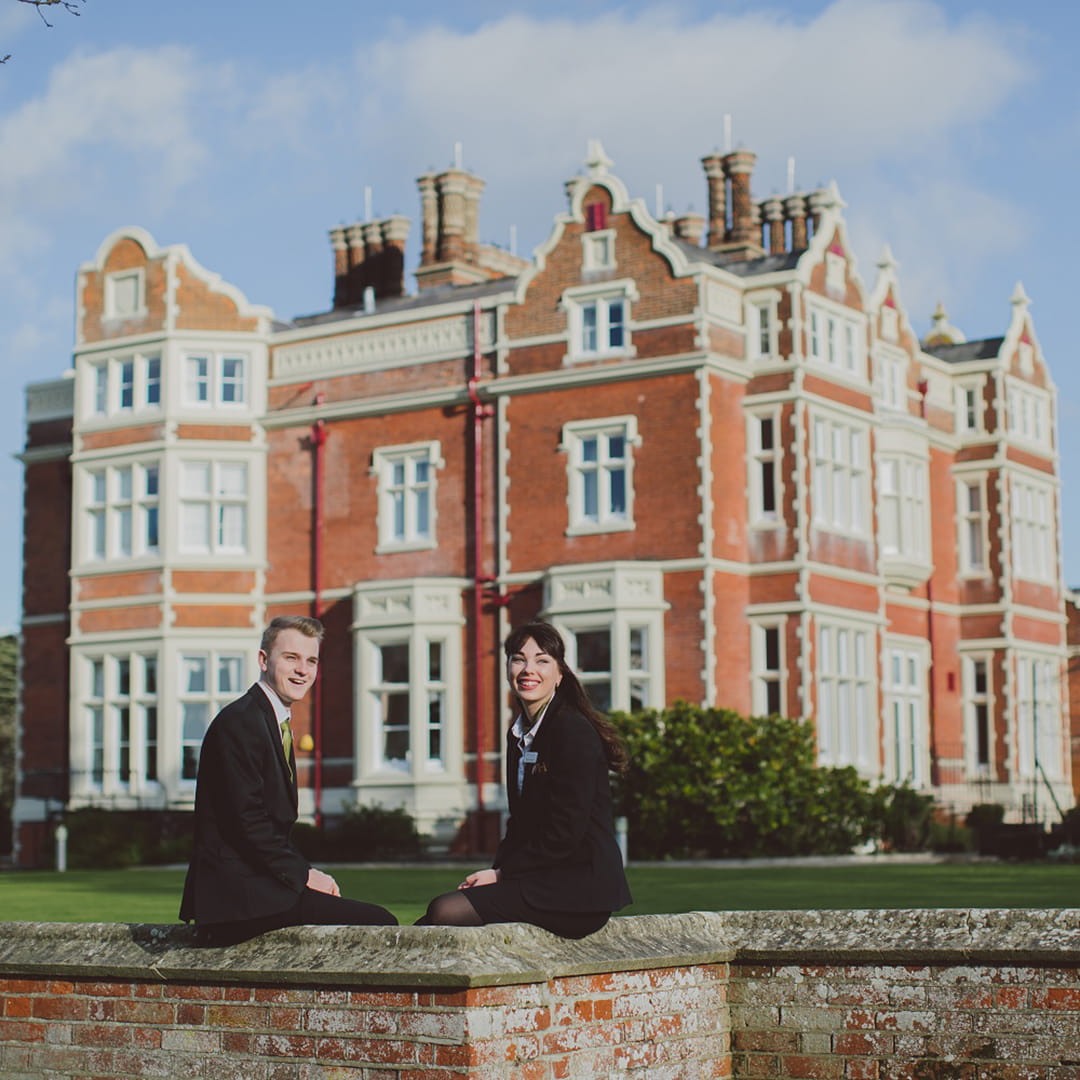Sustainability in today's world

Who am I?
Now I’m not one to say I’ve always paid a lot of attention to sustainability, so before I continue, don’t be thinking she’s yapping about something she’s not fully educated on, because it’s true. I think there’s a lot more I need to learn. But I’d like to share my recent experiences so far and encourage others to take an interest as well as I did. I’m on a 3-year Hospitality Management course, just finished second year, and one of my modules taught by Dimitri Lera caught my eye. Dimitri has a way of making anything interesting and creative, which I’d like to think is my speciality, but his passion for the “Sustainability in Hospitality” module increased my attention to the topic. I grew up in Tower Hamlets, and if you recognise the name of that borough, I pity you. Tower Hamlets declared a climate emergency in March 2019 and have stated they are committed to becoming a net zero carbon council by 2025.
As they should.
Growing Up
Growing up I never had a ‘family’ car. For me it was pretty much walk, ride my bike, or them little micro scooters I think everyone had as a child. Living in London this might come as a shock, because I’m sure all my friends got dropped to school in a car. I’ll admit, I was quite jealous. My mum has always had an increased amount of care for the environment, so she implemented this onto me from a young age. Donating my unwanted clothes to charity, putting rubbish in the correct bins, avoiding public transport if you could walk the distance even if it was a 30-minute walk (I wish I was lying). A big flex for me personally was getting one of the ‘walk to school badges’ every month, (I’m sure my mum still has them in a box somewhere). Although these are minor acts to help the environment, if everyone was raised this way, maybe sustainability would be less of an issue? (Don’t take that in a snarky way).
What is Sustainability?
Sustainability refers to the ability to maintain or support a process continuously over time and seeks to prevent the depletion of natural or physical resources, so that they will remain available for the long term. You may be thinking, ‘what has this got to do with me? Why would I care?’ Well, don’t worry because I thought the same. I’ll admit, I’ve done some, let’s say, stuff that hasn’t been beneficial to the environment before. Not only does poor sustainability effect the nature surrounding us, but the result of climate change, biodiversity, pollution, poor health and poverty effects all human life. I’m sure a lot of you have heard of Sir David Attenborough, and if you haven’t, he is a very inspiring man. He started his journey in 1954 as a writer, presenter and narrator. Attenborough is a staunch advocate for actions against climate change, using his documentaries to highlight the effects that global warming is having on the planet around us, and at his astonishing age of 98 years old, he has still not retired! I suggest you watch his shows and documentaries in your free time!
What have I done?
I feel like I’ve given you a load of information on other people’s actions, but not much about myself. Going back to the sustainability module for my course, we were given the task to create a small-scale sustainable project within a group, addressing an environmental issue. The fashion icons my group and I are, we dedicated our project to sustainable fashion. We worked with a sustainable charity called ‘St Margarets House’ located in East London, to co-host a fast fashion therapy workshop with them. Being able to work with my local community gave me an insight into the care people take in making the environment a better place. One example which stood out to me was a lady mending holes in her socks. My first thought would just be to buy a new pack from Primark if I’m real. But it taught me to have a more open mindset on this way of thinking, and if you can do an act to prevent a negative consequence, why not just do it? Yes, it may take time and effort, but think of the long-term effect you’ll have on society in 10 years’ time. A sense of achievement is something I take great pride in, and this project gave me that. I was also able to work with the same charity on a tech recycling day. We sorted tech in the offices such as radiators and computers, which were broken and organised them for a sustainable E-waste company to collect and dispose of them safely.
What can you do?
I can say for myself I will be going back to ‘St Margaret's House’ to help them again over the summer, and I encourage you to do the same. If you’re too busy to put some hours into charity work, try to make even small changes into your day-to-day activities. Walk instead of driving, sort through your old clothes (there are donation bins on campus), invest in a reusable water bottle instead of plastic, turn of your lights when you’re not using them, use the correct waste bin.
Thank you, Dimitri Lera and Michel Mason, for bringing this topic for light, and teaching it within our module, because as the strong generation we are, we can change the way we think and act before it’s too late.

